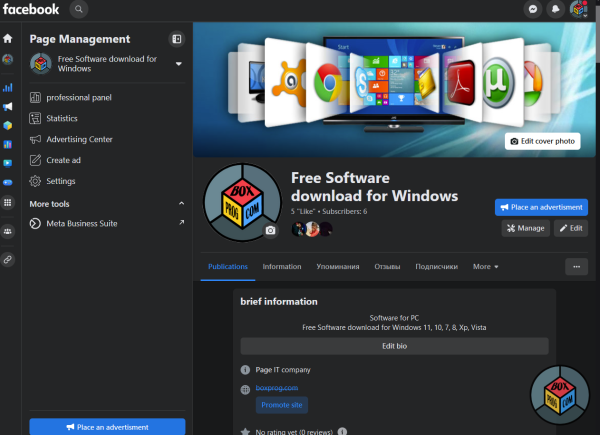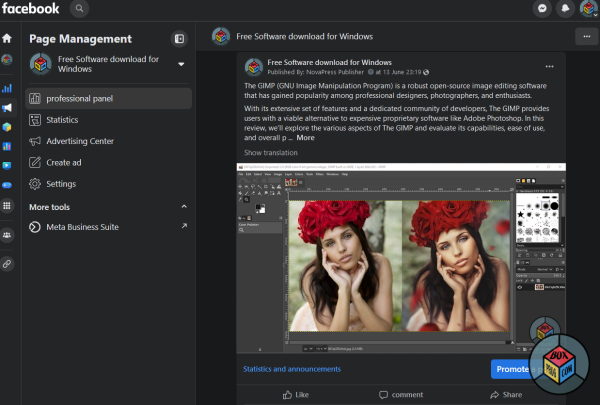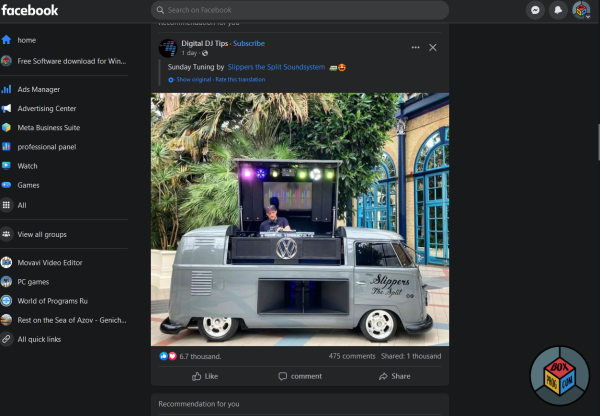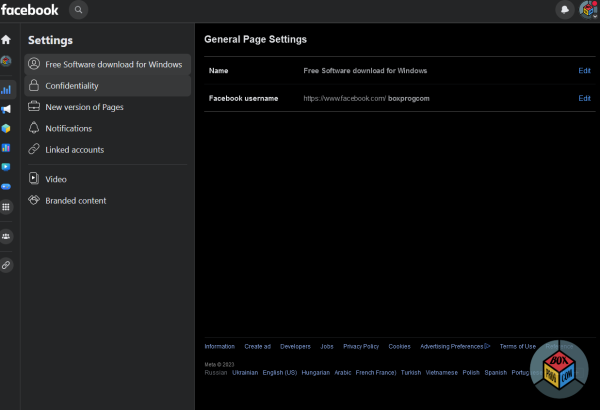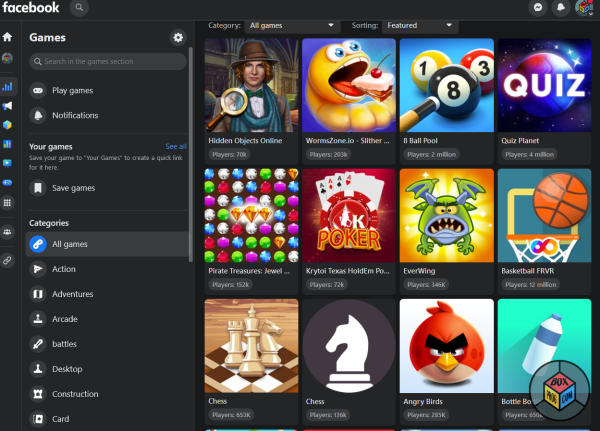Facebook is a social media platform that has become a dominant force in the online world. It was founded in 2004 by Mark Zuckerberg and his college roommates, and since then, it has grown exponentially, currently boasting billions of active users worldwide.
In this review, I will discuss the various aspects of Facebook, including its features, user experience, privacy concerns, and overall impact.
One of the most notable features of Facebook is its ability to connect people from all corners of the globe. It allows users to create profiles, share personal information, post updates, and interact with friends and family. The platform offers a wide range of features, including the ability to share photos and videos, join groups and communities, and even sell and buy items through the marketplace. Facebook’s user interface is relatively straightforward and intuitive, making it easy for users to navigate and find the desired features.
The user experience on Facebook is largely positive, with a plethora of options for customization and personalization. Users can choose what information to share on their profiles, control their privacy settings, and curate their news feed to see content that aligns with their interests. Additionally, Facebook provides users with various communication tools, such as Messenger, allowing for seamless and convenient conversations with friends and family.
However, Facebook has faced significant criticism regarding its handling of user privacy. Over the years, the company has been involved in numerous privacy scandals, including the Cambridge Analytica incident, where the personal data of millions of users was harvested without their consent. These incidents have raised concerns about Facebook’s data collection practices, targeting algorithms, and the overall security of user information. While the company has made efforts to improve privacy controls and provide more transparency, the trust of many users has been shaken.
Another issue associated with Facebook is the spread of misinformation and fake news. Due to the vast number of users and the ease of sharing content, false information can quickly gain traction and go viral on the platform. Facebook has implemented measures to combat this problem, such as fact-checking partnerships and algorithm changes, but the battle against misinformation remains ongoing. From a societal standpoint, Facebook has had a profound impact on the way people communicate, connect, and consume information. It has facilitated the sharing of diverse perspectives, helped reunite long-lost friends and relatives, and provided a platform for social activism and organizing. However, it has also been accused of contributing to the rise of echo chambers and filter bubbles, where users are only exposed to content that reinforces their existing beliefs, potentially leading to polarization and division.
In conclusion, Facebook is a powerful and influential social media platform that has revolutionized the way people connect and interact online. Its wide range of features and user-friendly interface make it popular among individuals and businesses alike. However, the company has faced significant criticism regarding privacy concerns and the spread of misinformation. It is important for users to be mindful of their privacy settings and critically evaluate the content they encounter on the platform. Ultimately, Facebook’s impact on society is complex, with both positive and negative consequences.

